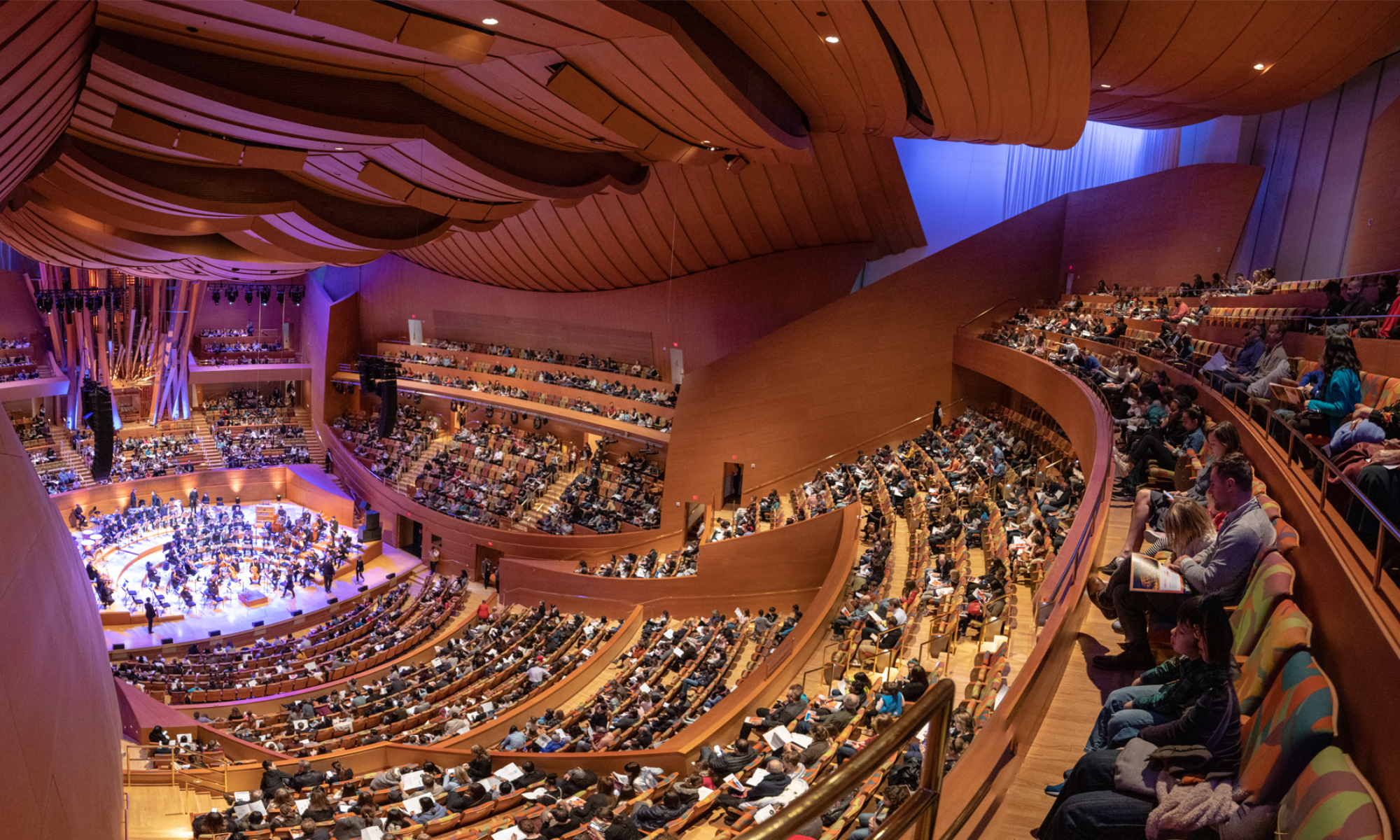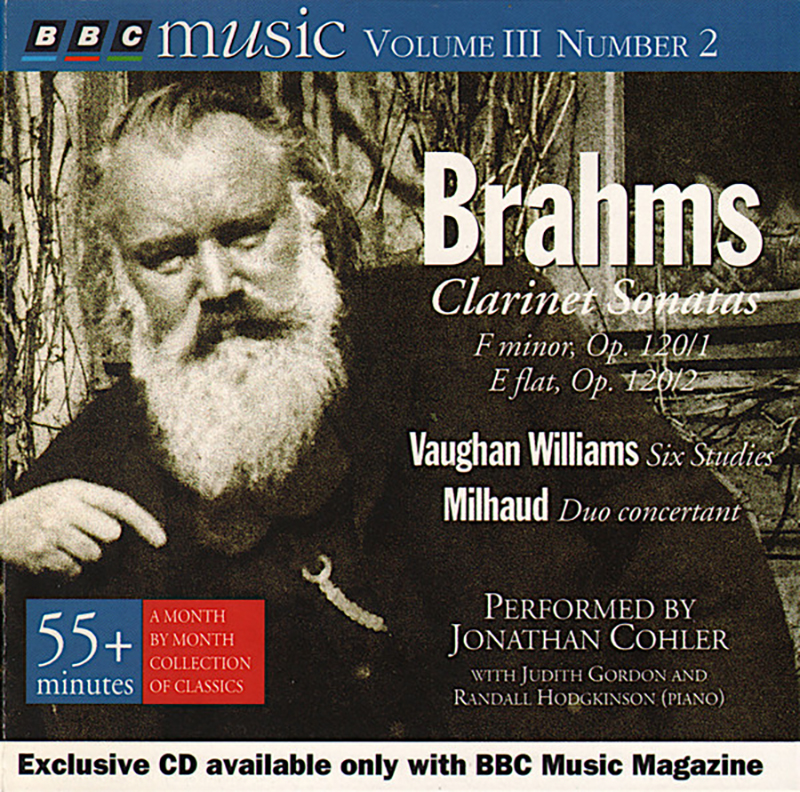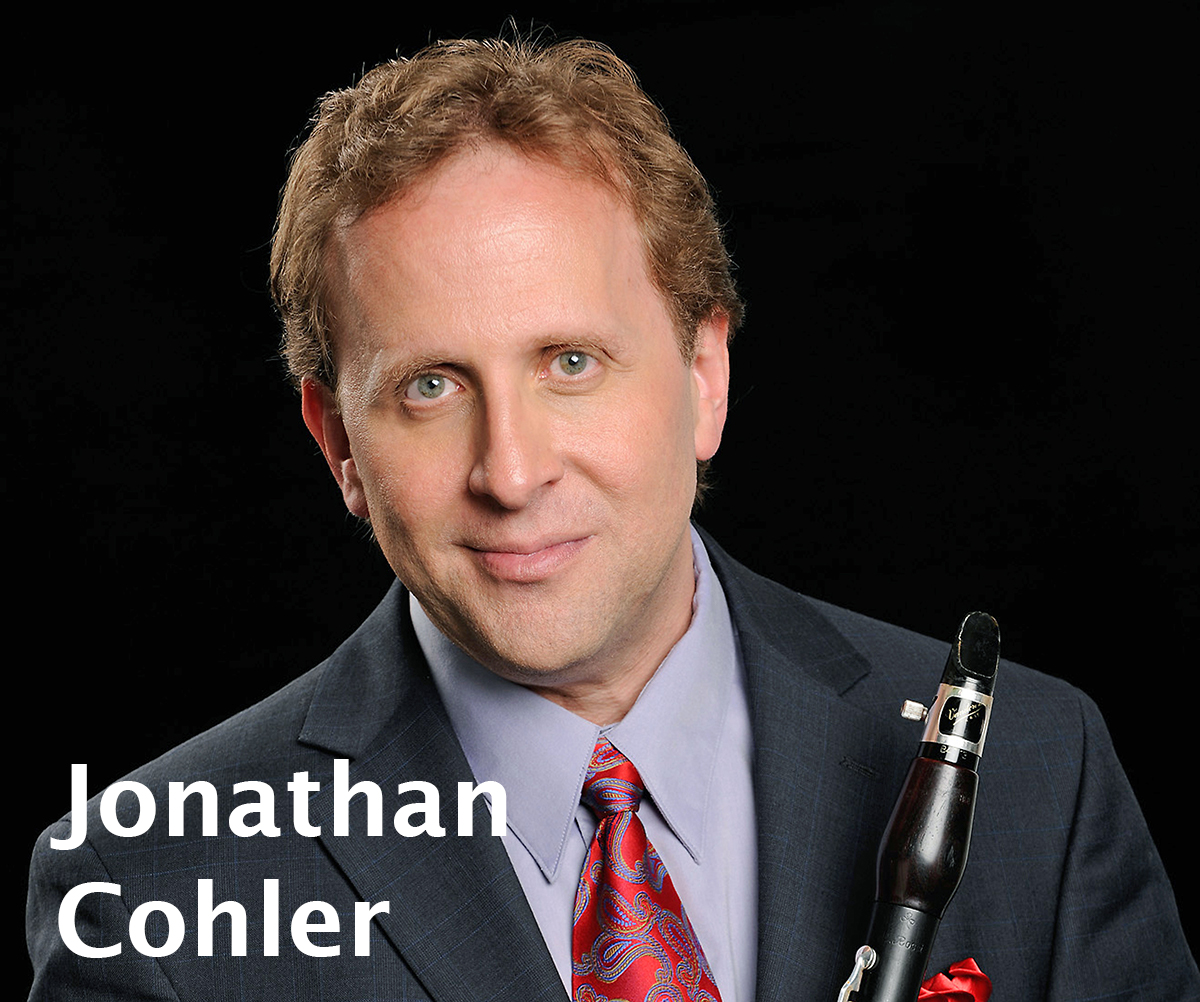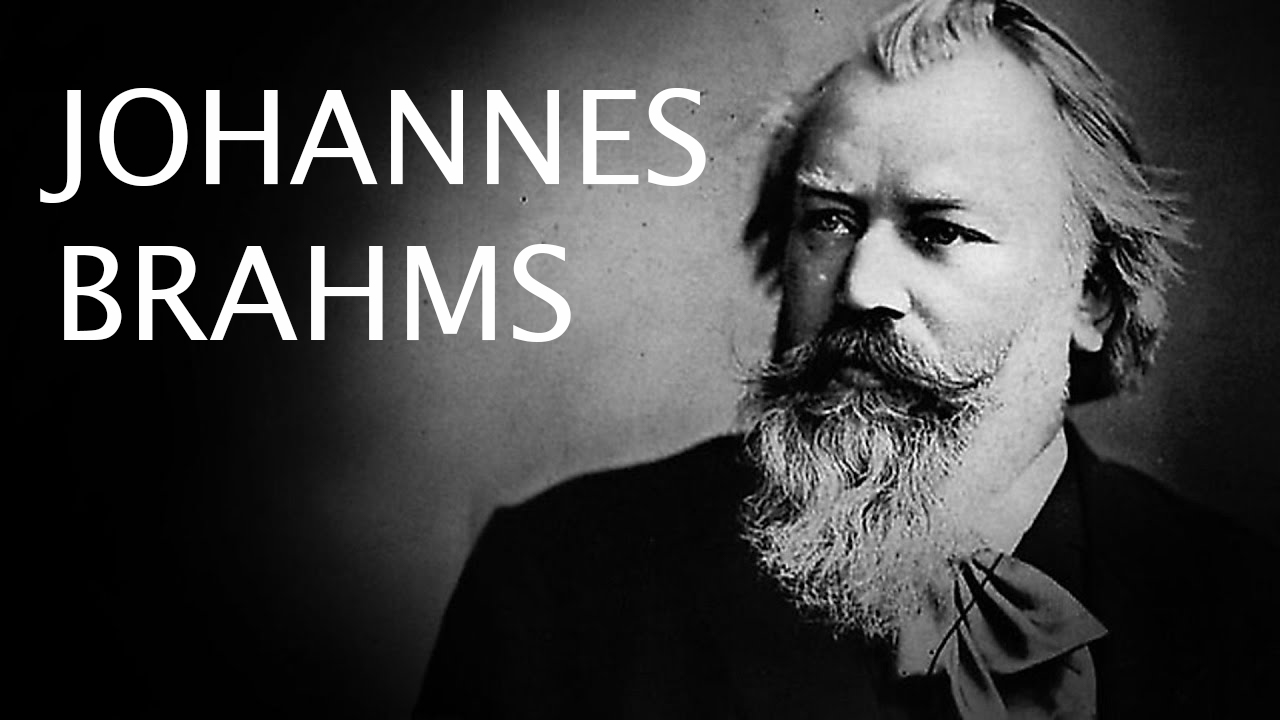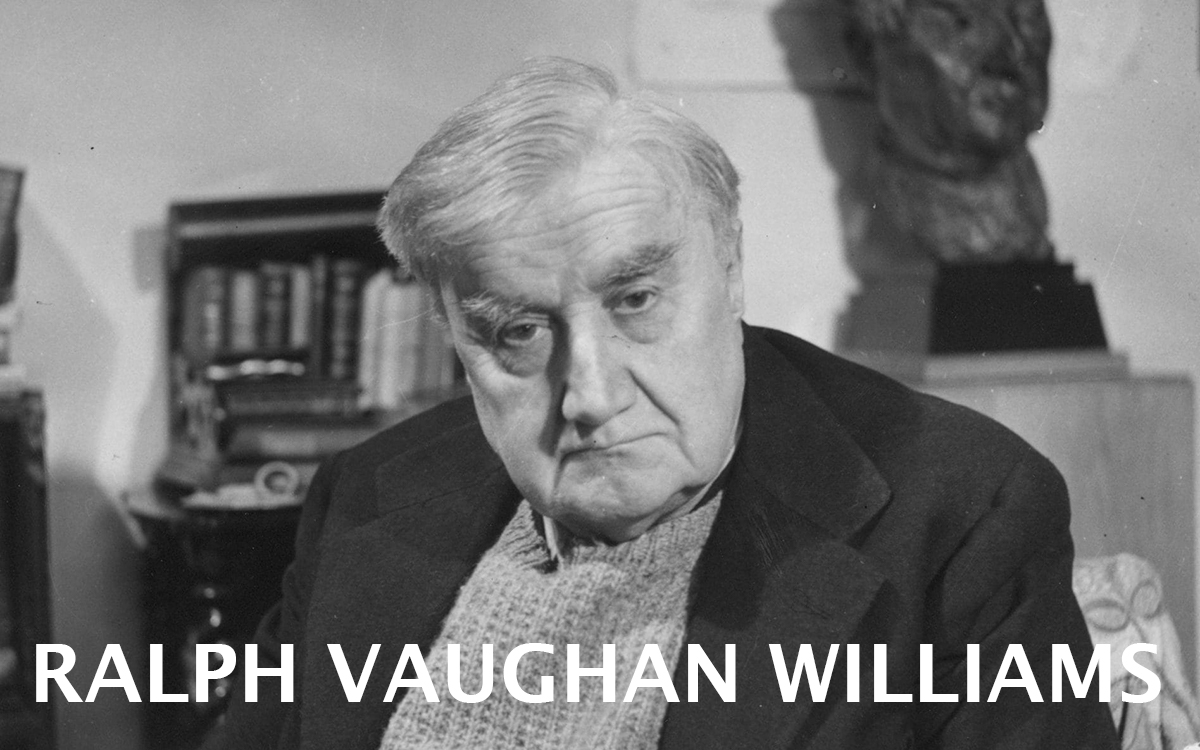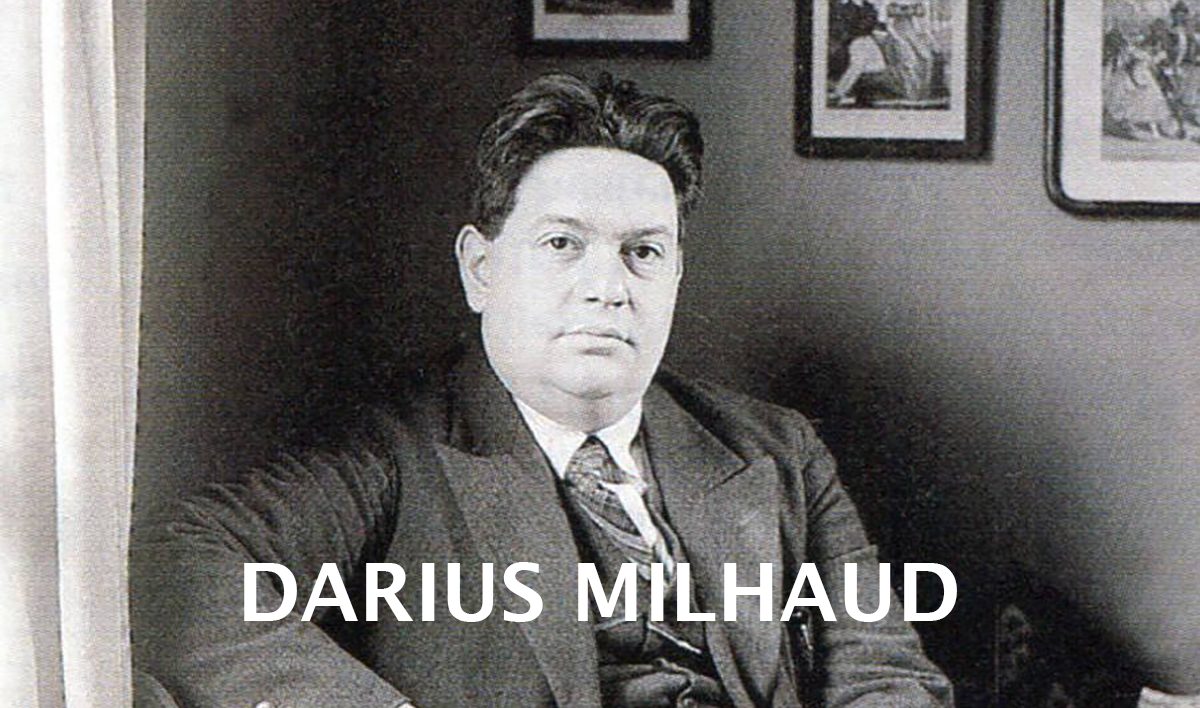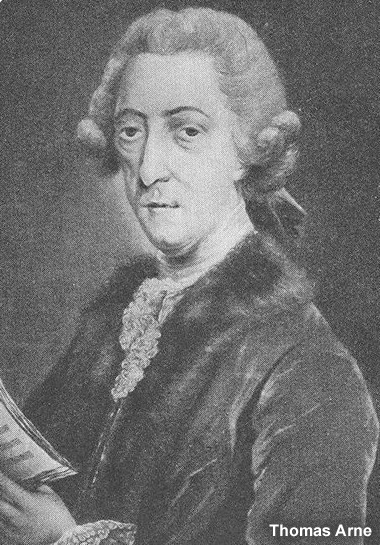Johannes Brahms (1833-1897)
Ralph Vaughan Williams (1872-1958)
Six Studies In English Folksong
Darius Milhaud (1892-1974)
Performed by:
Jonathan Cohler (Clarinet); Judith Gordon and Randall Hodgkinson (Pianos)
ONE-SENTENCE REVIEW:
Jonathan Cohler is definitely the go-to American Clarinetist for Brahms, Vaughan Williams and Milhaud chamber music.
ORIGINAL LINER NOTES (Adrian Jack, 1994):
When Brahms first heard the clarinetist Richard Muhlfeld play, he had not written anything for a year. Muhlfeld must have made a big impression – for Brahms wrote a trio and a quintet for him immediately, in 1891, and two sonatas three years later.
He accompanied Muhlfeld himself in the first performances of the sonatas, and gave him his own performing fees whenever they played the works together subsequently; he also granted Mulfeld all the performing rights fees in his lifetime.
Both sonatas really put the clarinet through its paces, but the First is perhaps more varied as well as more dramatic than the Second. The Second has its own mellow appeal, though it packs power into its central movement and the closing pages of its Finale.
Brahms also made alternative versions of the sonatas, for violin and viola. The viola versions are considered more satisfying and leave the piano parts unaltered; nevertheless, Brahms‘ great friend Joseph Joachim, who disliked arrangements as a rule, played the violin version of these sonatas many times.
Vaughan Williams originally wrote his Six Studies in English Folksong in 1925 for cello and piano. They were published with alternative parts for violin, viola or clarinet!
They are less like studies than reveries, and they are based very freely on existing songs.
Darius Milhaud was such a prolific composer he would not have been out of place in the 18th century, when composers wrote music to be used immediately rather than as a passport to immortality.
His Duo Concertant has the the impressive opus number of 351. He wrote it early in 1956 for the professor of clarinet at the Paris Conservatoire, though it has nothing of the academic about it.
TRACK LISTING:
Johannes Brahms – Sonata In F Minor, Opus 120 / 1
- Allegro appassianato – 8:04
- Andante, un poco adagio – 5:11
- Allegreto graziosa – 4:19
- Vivace – 4:59
Johannes Brahms – Sonata In E-Flat, Opus 120 / 2
- Allegro amabile – 8:21
- Allegro, molto appassianato – 5:23
- Andante con moto – Allegro – 7:05
Vaughan Williams – Six Studies In English Folksong – 7:43
Milhaud – Duo Concertant – 6:24
FINAL THOUGHT:
I do love Brahms chamber music – and this a great sampling of virtuoso clarinet at its finest. And Mr. Cohler is quite the artist. Highly recommended for a lazy Sunday afternoon.
 Emily Sachs – President – Manka Music Group (A division of Manka Bros. Studios – The World’s Largest Media Company)
Emily Sachs – President – Manka Music Group (A division of Manka Bros. Studios – The World’s Largest Media Company)
